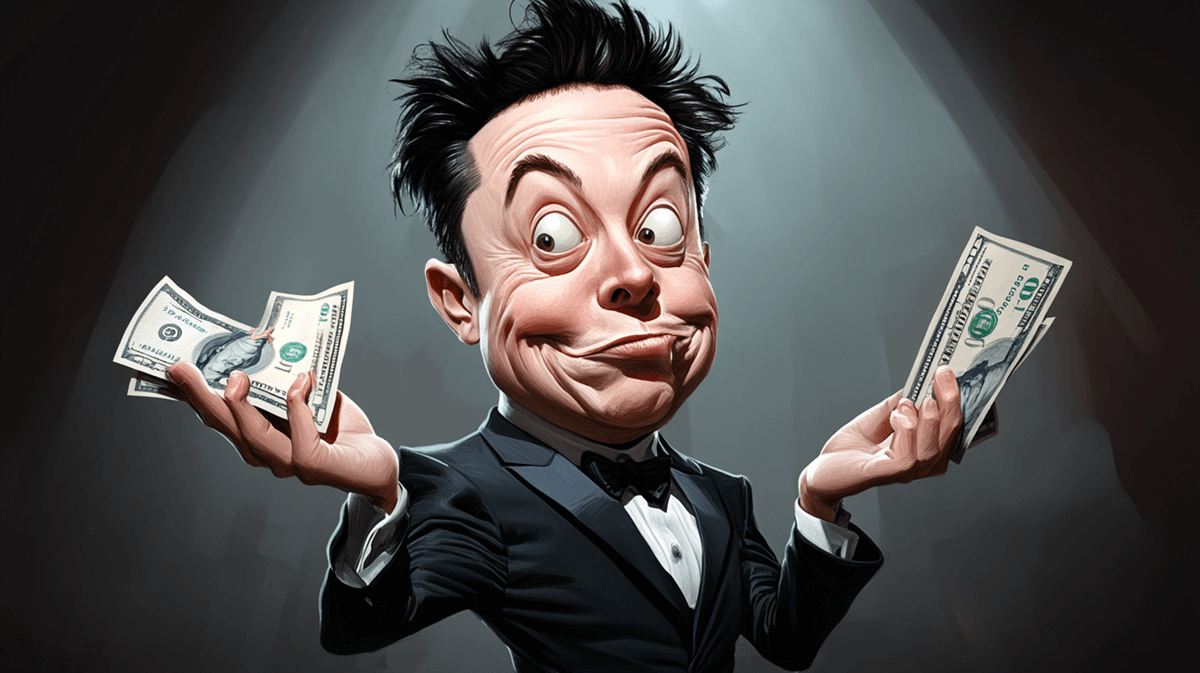Elon Musk, the tech billionaire known for his unconventional interventions in public affairs, has once again made headlines with his latest foray into political activism. This time, his focus is on the pivotal Wisconsin Supreme Court race, where he has pledged a remarkable $1 million each to two individuals in the state who sign a petition against what he terms “activist judges.” This announcement was made late Thursday night, aligning with his support for conservative candidate Brad Schimel, who is contending against liberal Judge Susan Crawford for a seat that could significantly shift the court's ideological balance. The election, set for April 1, is attracting national attention due to its potential impact on key issues such as abortion, voter ID laws, union reforms, and congressional redistricting.
Musk's involvement extends beyond the financial gesture; it is a strategic move to galvanize voter engagement and support for judicial reform aligned with his views. By linking his $2 million gift to active participation in the election process, Musk is emphasizing the importance of voter turnout in shaping the judiciary's future. He elaborated on his initiative in a post on X, mentioning an exclusive event in Wisconsin for voters in the Supreme Court election, where he would personally award the $1 million checks.
Further details emerged on Friday when Musk clarified that the monetary rewards would be given to two petition signers, who would also serve as spokespersons for the cause, according to the Daily Wire. This effort is part of a broader campaign strategy supported by Musk’s America PAC, which has been actively promoting Schimel through extensive advertising and direct financial incentives to petition signers.
The campaign has already seen its first spokesperson, Scott Ainsworth, a mechanical engineer from Green Bay, who received $1 million for his role. Ainsworth's involvement underscores the campaign's aim to influence the election outcome through voter mobilization and the endorsement of Schimel’s candidacy.
Musk's strategies in Wisconsin mirror his previous political maneuvers, including substantial financial offers to voters in Wisconsin and Pennsylvania for supporting petitions related to the First and Second Amendments. Despite legal challenges, these moves have not only continued but have also intensified the debate over the role of money and influence in elections.
On the other side of the aisle, Judge Susan Crawford, backed by prominent Democrats and liberal donors such as George Soros, Reid Hoffman, and Illinois Governor J.B. Pritzker, has faced an uphill battle against the financial might of Musk's backing for Schimel. The controversy surrounding Musk's financial incentives has sparked widespread criticism, with Crawford's spokesperson, Derrick Honeyman, denouncing them as corrupt and extreme.
The Wisconsin Supreme Court race is shaping up to be a historic showdown, with record-breaking expenditures and high stakes for the future of judicial influence in the United States. As the election approaches, the implications of Musk's involvement and the broader battle over the court's composition are becoming increasingly clear, setting the stage for a contentious and closely watched contest.





